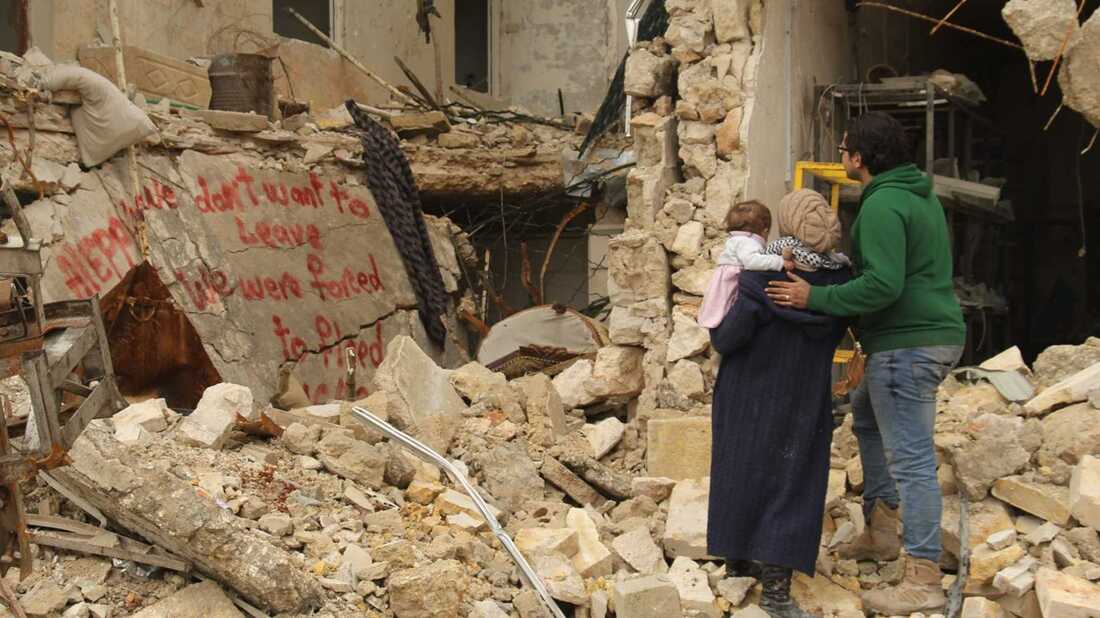There’s a hinted-at question in the film of how al-Kateab and her husband can operate in Aleppo, made apparent by talk of increased religiosity in the area that implies extremist groups are protecting them. The lack of real moderate anti-Assad forces in Syria has made that conflict a hornet’s nest of impossible-to-back bad actors, and while there’s no sense that al-Kateab and her family are jihadists, they might very well be under their umbrella. Rather than cast doubt on her work as some kind of propaganda, however, this dawning suspicion elucidates how hard it must be for the average Syrian to navigate the last decade with its alphabet-soup of groups warring against each other and against Assad. In For Sama, most of this is backgrounded for the harrowing daily struggle for survival, and it builds to one of those moments that show how badly society can break down. The family eventually finds themselves at a checkpoint with guards who have supreme power of life and death. If they choose death, there’ll be no justice or retribution, only unmarked graves. Every choice the family has made turns on this moment, potentially tilting on what the guard had for breakfast or if his wife yelled at him as he walked out the door. Al-Kateab’s camera captures all of this in an impossibly brave memoir that future historians should consider when they write the dispassionate, academic story of this time. A-

 RSS Feed
RSS Feed